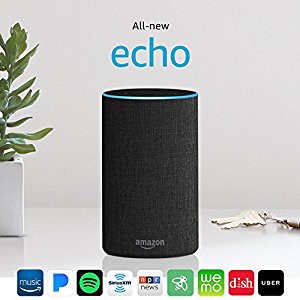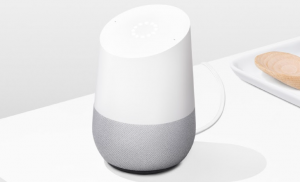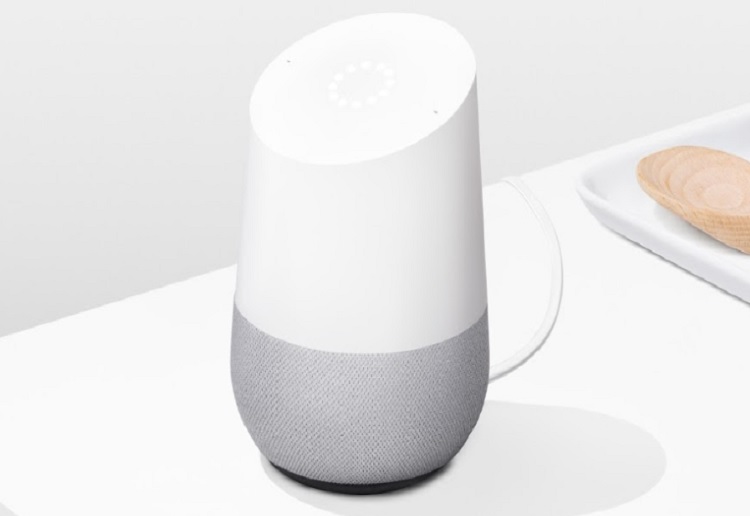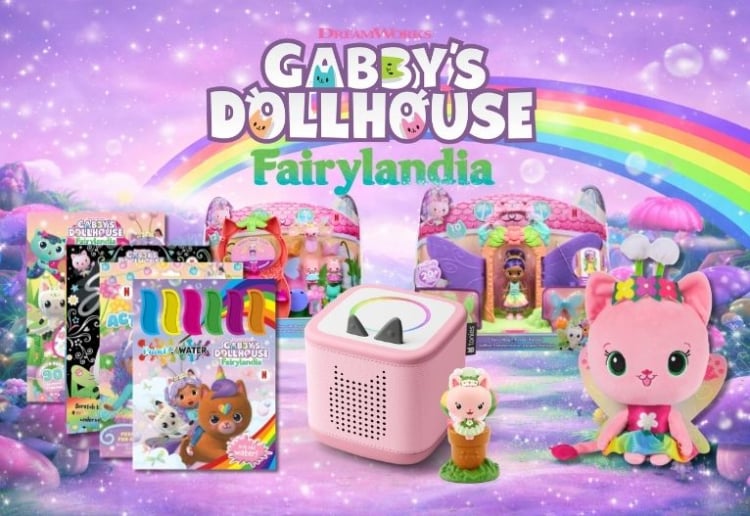Dad, Jordan Lee Willox, shares how having Google Home was fun, until his toddler started using it.
Jordan writes his experience on Common Sense Media, “My wife and I are avid users of technology. We shop online, we stream content to a myriad of devices in our home, and we have come to depend on apps like Google Maps for day-to-day life. So when we decided to upgrade our smartphones, we jumped on the carrier’s offer of a “free Google Home Mini with every purchase.” Digital assistants are the latest and greatest in home automation, and I was all over it.


I played a few trivia games. I asked for recipe and shopping suggestions. And I called out for music playlists as I puttered about the house. My two-and-a-half-year-old son is fascinated with the planets of our solar system, and with the help of these devices, we were able to teach him to rattle off every single one of their names in order — including poor Pluto and the mysterious and theoretical Planet 9. It certainly seemed like these devices were delivering on their futuristic promises of functionality and seamless integration.
Then one quiet afternoon, we heard my son call out, “Hey, Google,” in his eager and warbled voice. He asked it to sing the alphabet song. Much to his delight, the assistant happily belted out the tune. Clearly imitating us, he began firing off more and more questions: “What is cheese?” “Who is mama?” It was hilarious and exciting, but after a few minutes, my stomach knotted up. This was getting, well, weird. Did we really want our son to grow up knowing his every question could be answered instantly just by asking it out loud? How would this affect his speech development? What about manners? More importantly, why does Google have a better singing voice than I do? We clicked off the microphones, and they have been relegated to speaker status in the house — for now.
I know that I had a pretty visceral reaction, but 2 years old is a crucial emotionally and socially developmental time for a child. I don’t want my son to grow up learning to order his digital friends around or have a tech company track the subtle advances in his speech development.
As my son is learning to talk, I want him to understand the nuances of conversations — and know that demands will not always be met by instant answers.
I know at some point we will find a way to integrate these devices more effectively into our home, but hearing my very young son interact with one was enough for this typically early adopter to stop and wonder what we had invited into our lives. If you are concerned about the implications of having one of these devices in your home with young kids around, here are a few takeaways:
Read more: What Parents Need to Know Before Buying Google Home or Amazon Echo
Maybe it’s not time for this kind of thing … yet. These devices are powerful pieces of technology designed by some of the smartest people on the planet, but that doesn’t mean that the legal and social consequences have caught up with them. How and why these devices are collecting your data — and what rights you have to that data — is an evolving and complicated issue. If you’re in doubt, there are plenty of other less invasive devices that will accomplish nearly the same things without the same impact on your privacy.
They are tools, and you should use them like tools. No one walks around with a hammer waiting for the opportunity to drive in a nail. Likewise, there is no need for these kinds of devices to be on demand at all times. When considering one for purchase, make sure that there is an option to disable the microphone. That way you can control when and how the device is being used in your space.
Read more: Everything You Need to Know About Parental Controls
You’re being watched, but it’s (mostly) by your kids. Data privacy is definitely an ongoing issue with these devices, but perhaps more important, your kid is learning how to behave and communicate by watching you. If you don’t want your toddler mimicking your absentminded demands, you should think twice before bringing a home assistant into your daily lives. At least use the device for specific tasks that actively support your kid’s learning and development. Think interactive games, listening to stories, and possibly calling other family members.”
Expert opinion
Dr Kristy Goodwin recently shared, “I’ve had a few parents asking about digital home assistants like Google Home lately and this is an interesting perspective.
“My concerns- privacy and role modelling. Do you know that your kids’ questions may be recorded and analysed by other parties (depending on your settings)?
What habits are we teaching our kids if we can seek instant gratification for every.single.question they have, by relying on technology?”
This post originally appeared on Common Sense Media and has been shared with full permission.

I am totally clueless about these things. Do you have Google home? What do the kids think?
Share your comments below.





















-

-
-
Ellen said
- 29 Mar 2018

-

-
-
BellaB said
- 28 Mar 2018
-

-
-
mom90758 said
- 28 Mar 2018
Post a comment3:59 am
7:20 pm
4:41 pm
To post a review/comment please join us or login so we can allocate your points.